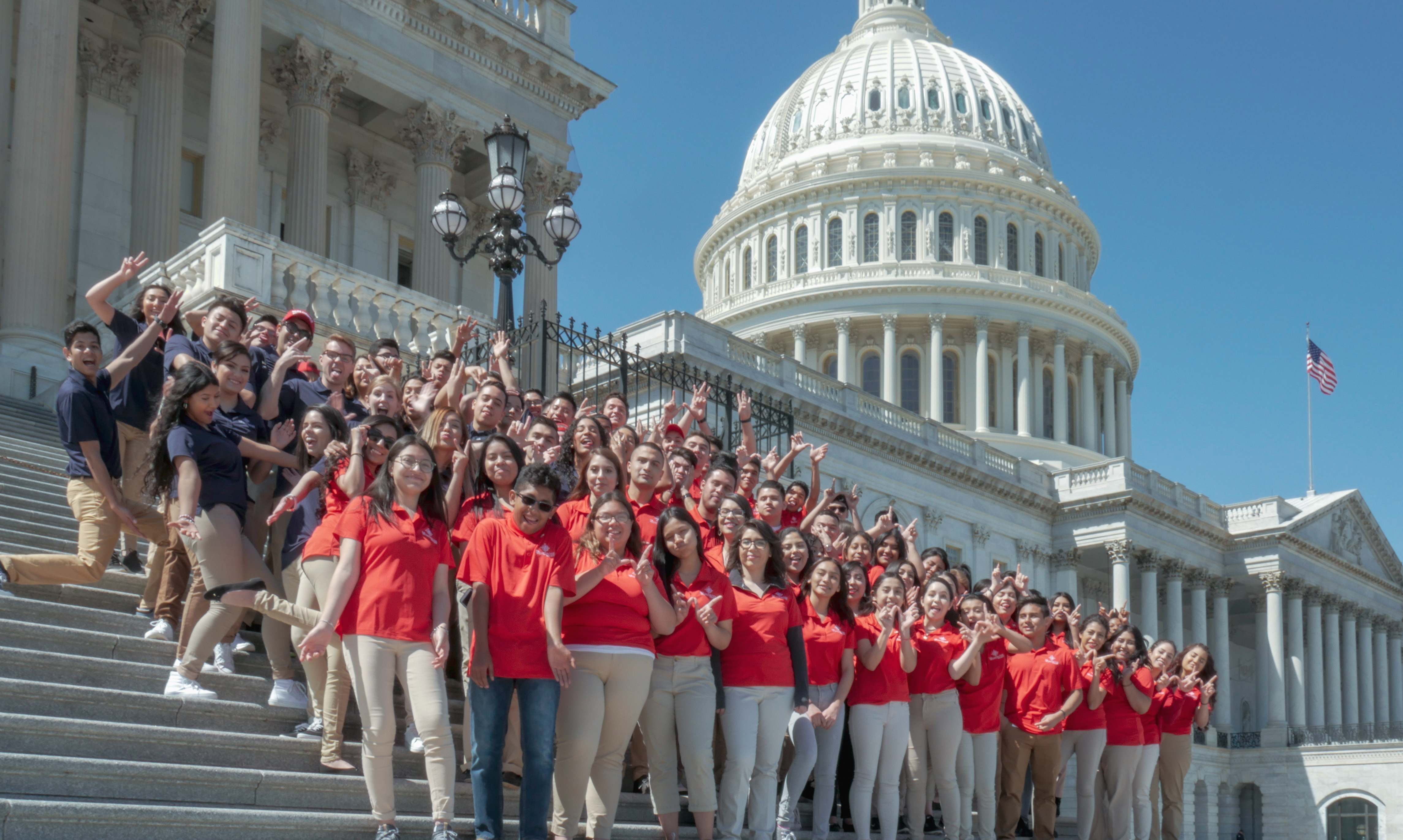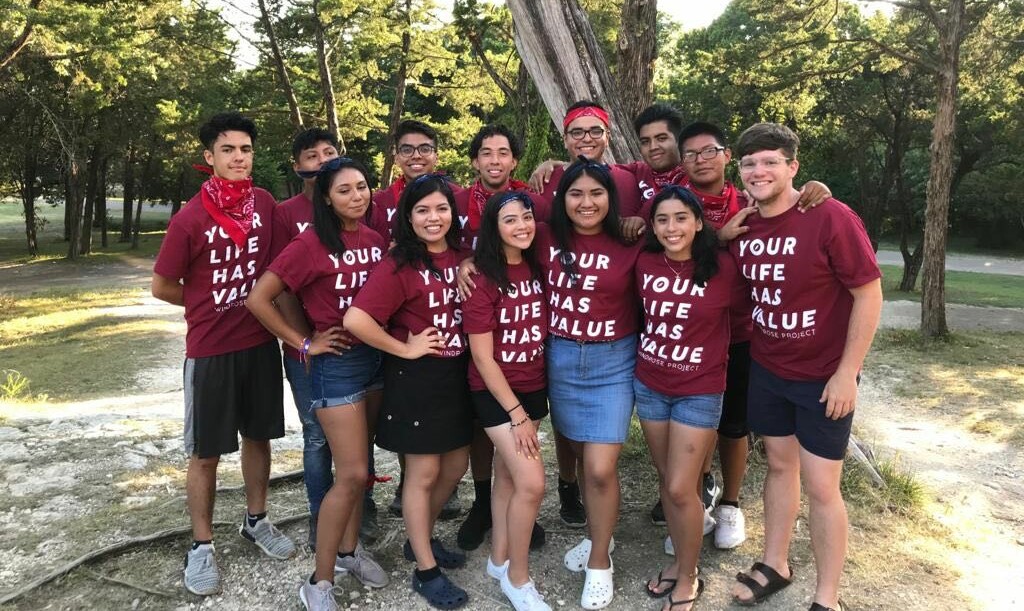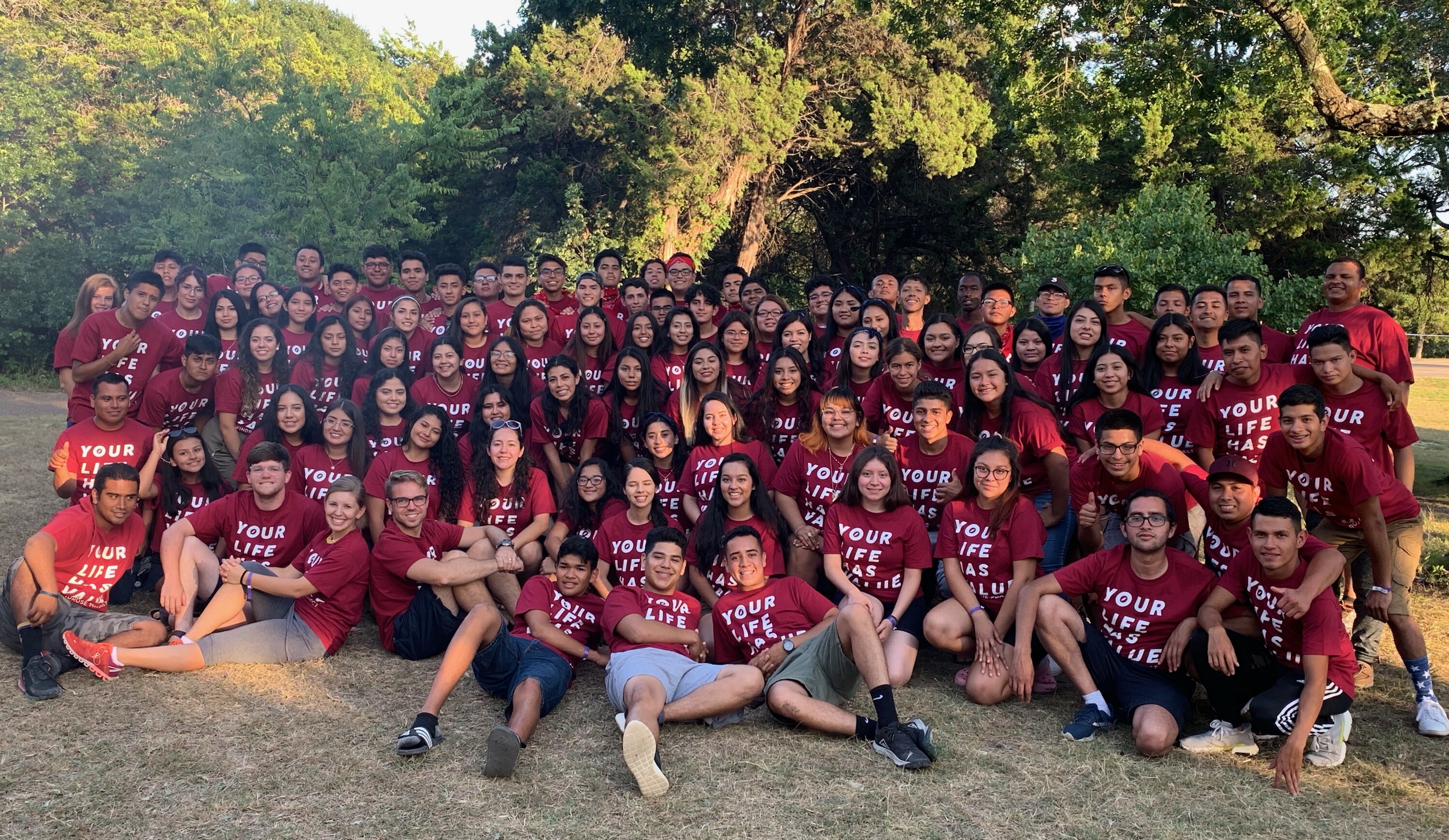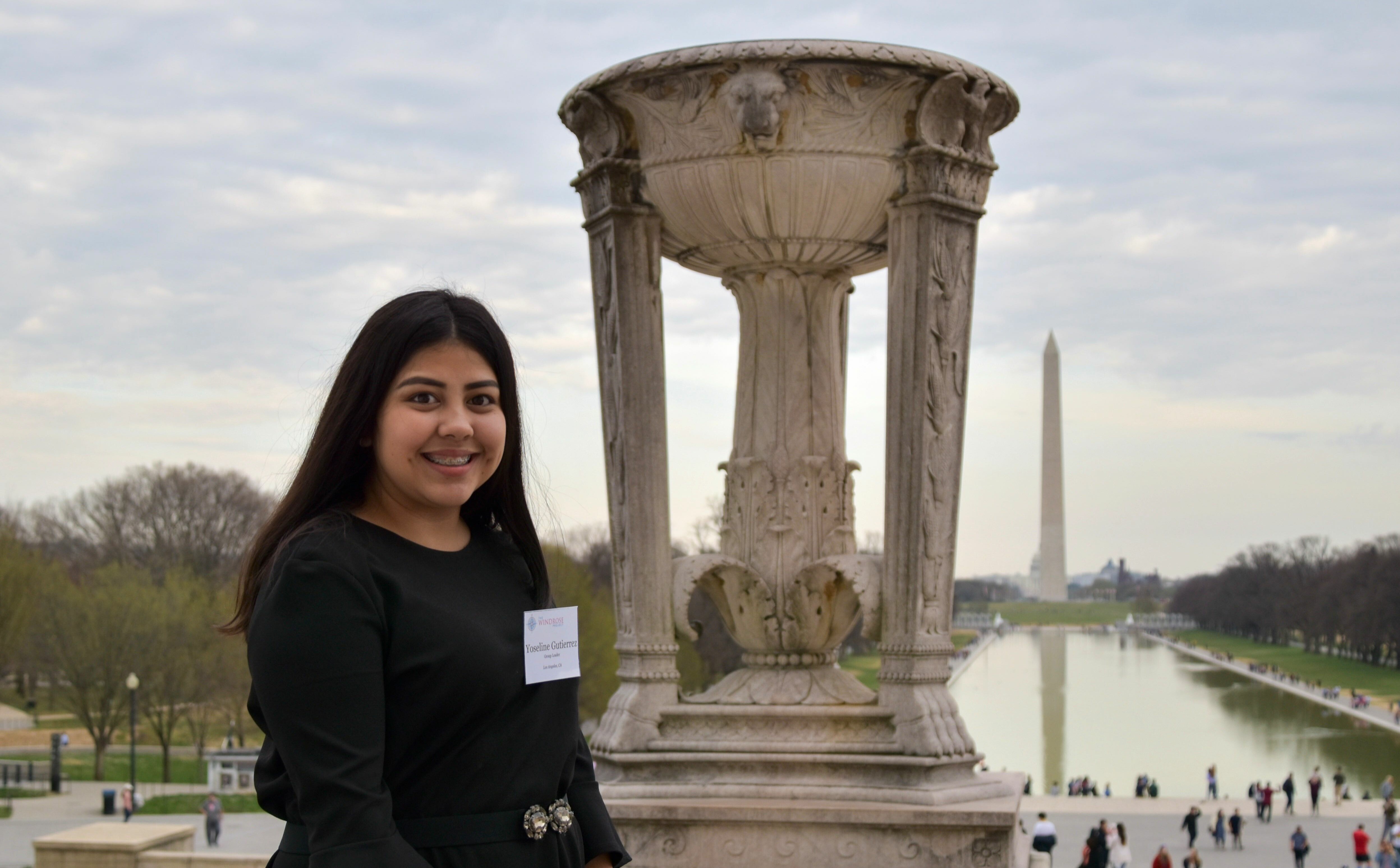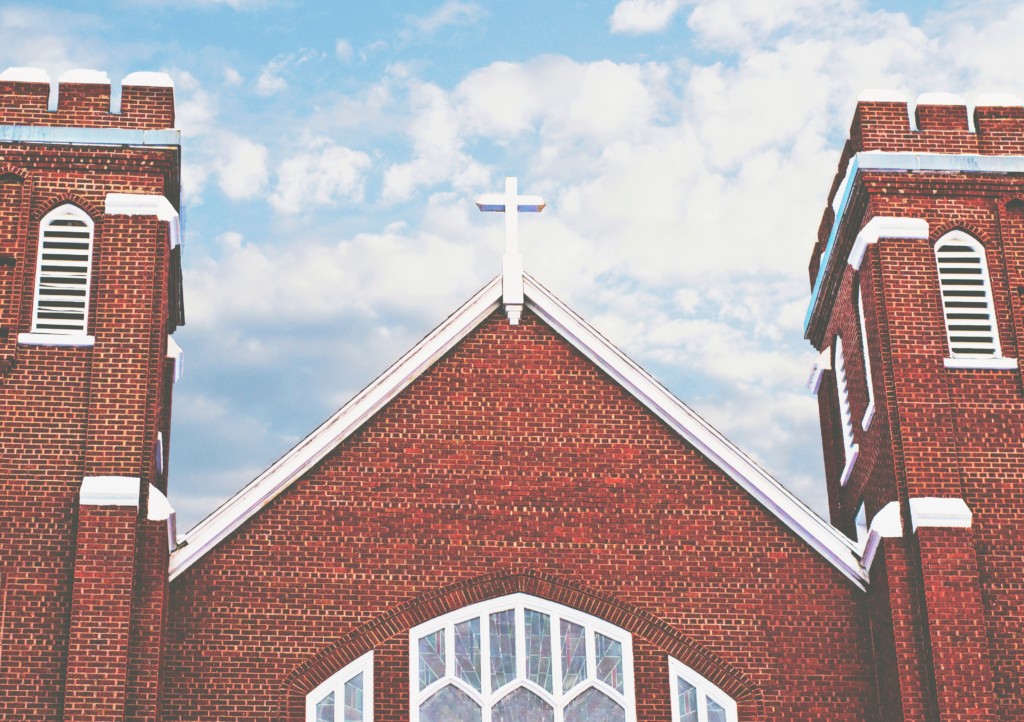
By Jared Eckert
Have you ever wanted to be a doctor or nurse? If not, have you ever at least considered what it would be like? Typically, our minds jump to the pros of the job: the big income, the benefits, the possibility of discovering the cure for some disease, and, of course, the chance to help people. However, if you are personally acquainted with a doctor or a nurse—especially those who work in hospital emergency rooms—you’ve probably realized that there are a lot of cons: blood, vomit, bed pans full of human excrement, tragic injuries, and, worst of all, death.
In a lot ways, what keeps these people going back to work are the benefits they receive—whether it be the monetary compensation or the enjoyment they get from helping people get back to health. But imagine what it would be like to do the work of a nurse or doctor without any of the compensation or any of the pleasure of seeing your patients restored to health? Unsurprisingly, that sort of work would be incredibly taxing. It would certainly be hard to sustain as a fulfilling career.
Yet, despite its being so unrewarding and unfulfilling, such is the work of the Christian Church.
In a beautiful way, the Church serves as a nurse to the nations. In her arms orphans are held and raised. Under her care the dying breathe their last. In her abundance the poor find provision.
Throughout history, the Church has served those in need again and again. In plague, famine, or genocide, Christian missionaries have worked to administer their hope to those who felt the world—even life itself—crumbling before their very eyes.
Today, the Church continues to help the suffering and the destitute. Hospices, orphanages, mental health asylums, as well as clinics for the disabled and dying are just a few of the operations that the Church has spearheaded in modern times.
It might be tempting to think that the Church’s work is indistinguishable from broader philanthropic efforts, that other philanthropic organizations are just as good at doing this thankless work of caring for the destitute and marginalized. But this is simply untrue.
Research has found that religious individuals are the most generous in their charitable giving. Other research has found that of those who undergo the two-year foster care parent training process, 80% drop out. The remaining 20% who make it through foster care training are motivated by faith.
These are just a couple of statistics that attest to the Church’s unique and unmatched commitment to the marginalized and destitute.
But exactly what is responsible for this unique commitment to the lowest of the low? Cynics will say that it is a warped desire for power, money, or control. But that is a revisionist’s answer. The Church extends such unbounded love because of the love the Lord has shown to us, particularly through the sacrifice of His son on the cross. Because of this love, Christians continue in charitable service when the profits disappear and the personal payoff dwindles.
This divine love is the secret of the Church’s commitment to the destitute and broken.
Despite the boasts of humanitarians, their philanthropy does not compete because the only thing that can sustain selfless giving in thankless work is an other-worldly charity. The Church, by Christ’s transformative power, is the only human institution capable of such love—and this makes it indispensable for our society.
Sadly, however, many today are seeking to restrict the religious freedom of Christian adoption agencies, soup kitchens, and homeless shelters because of the Church’s unpopular doctrines on sexuality, marriage, and family.
But the Founders knew better than this.
They understood that shackling the Church by restricting religious liberty would only leave the poorest souls among us more vulnerable than they already are. This is one of the most powerful reasons they protected the Church’s freedom to do what it does best by enshrining religious freedom in the First Amendment of the Constitution.
If the Church is to continue its necessary, vital, and irreplaceable work in ministering to society’s most desperate needs, we must defend its God-given and Constitutional right to religious freedom.


